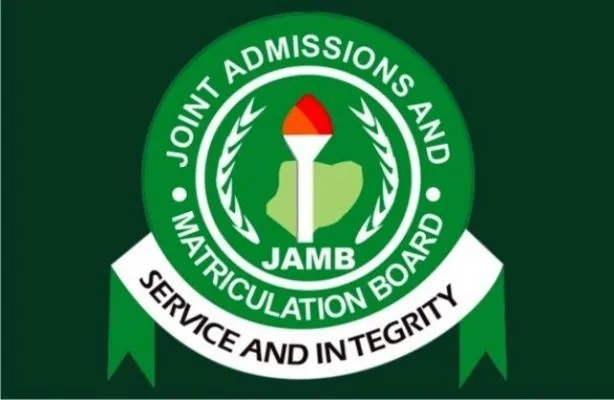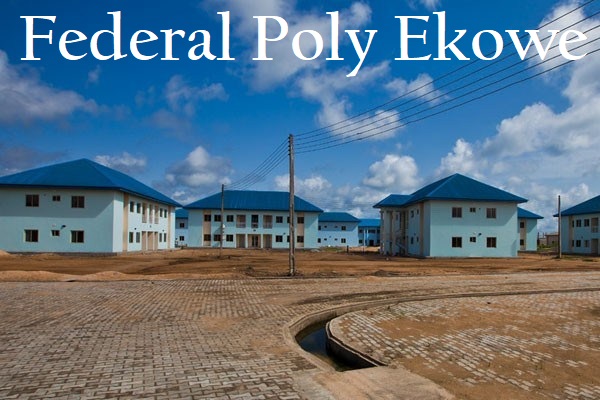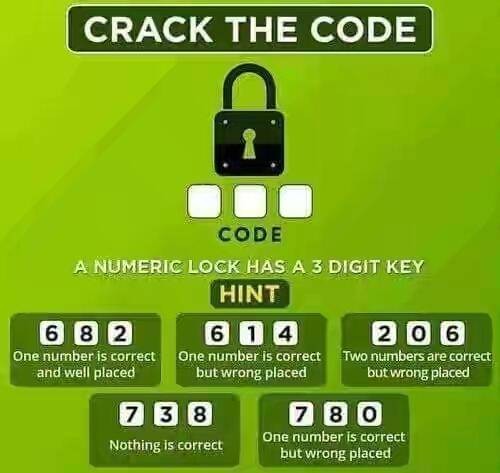
The Federal Government on Tuesday in Abuja approved cut-off marks for admission into tertiary institutions for the 2013/2014 academic session.
The Minister of Education, Ruqayyatu Rufa’i, announced the approval of the cut-off marks into colleges of education, polytechnics and other degree-awarding institutions as 150 and 180 for universities.
Joint Admissions and Matriculation Board would therefore retain 180 as the minimum cut-off marks for admission into the universities.
However, it effected a reduction in the minimum cut-off marks for admission into polytechnics, monotechnics, colleges of education and technical and vocational education and training from 160 to 150.
Stakeholders had canvassed for the reduction in the cut-off marks to encourage more candidates to go to the polytechnics and colleges of education to clear the backlog.
Rufa’i said this at the Fourth Combined Policy Meeting on Admission to Degree-Awarding Institutions, National Diploma, Nigeria Certificate in Education and National Innovation Diploma awarding institutions.
She said the meeting was to plan for the selection of qualified candidates into the nation’s tertiary institutions and also to restore confidence in the education system.
“I implore all stakeholders to follow the Federal Government’s guidelines on admission, which stipulates a 70:30 Technology/Non-Technology ratio for ND programmes.
“Also, 60:40 Science/Arts ratio for Degree and Nigeria Certificate in Education programmes and also to observe the criteria on merit, catchments and educationally less developed states.
The Registrar of JAMB, Prof. Dibu Ojerinde, said the meeting was to prepare grounds for needed capital development.
He said, “Let me remind all the federal institutions that the ratio of 45:35:20 for merit, catchment and educationally less-developed states, respectively, is still in force and should be adhered to strictly to ensure national cohesion.
“All Nigerians must be given the opportunity to mix and educate freely in any part of the country.”



